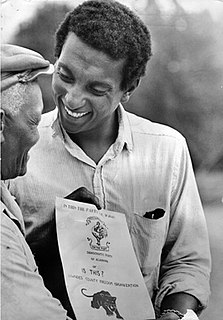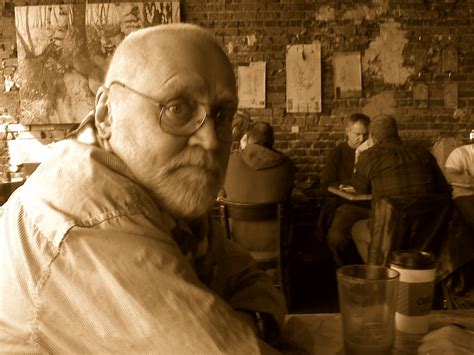A Quote by Catherine Camus
During the '80s, those you would call the young philosophers of France, such as Bernard-Henri Lévy and [André ] Gluxman, pointed out that Camus had said things no one wanted to hear in the political arena. They said it was [Albert] Camus who was right, not those who had slid under the influence of Sartre, that is to say an unconditional devotion to Communism as seen in the Soviet Union. And ever since then the evaluation of Camus has continued to modify up until today
Related Quotes
[Albert Camus] positions are sensed. So, naturally, those intellectuals who don't have that experience have difficulty in comprehending it. But I think it made Camus more tolerant because he had already seen both sides of things when the others had only ever seen one. They imagine poverty, but they don't know what it is. In fact they've got a sort of bad conscience about the working classes.
Albert Camus was never abandoned by his readers. Camus is enormously read. He's the highest selling author in the entire Gallimard collection, and has been for some years now. Sales haven't ever stopped, so to talk about rediscovering him would suggest that he isn't read anymore and that's not true.
I was keen to dispel a familiar misunderstanding: that existentialists somehow relish the alienation of human beings from the world. This may have been Camus's attitude, but it was certainly not that of Heidegger, Sartre and Merleau-Ponty, each of whom tried to show that we can only experience the world in relation to our own projects and purposes. The world is initially one of 'equipment', said Heidegger: it is a world of 'tasks', said Sartre.






















